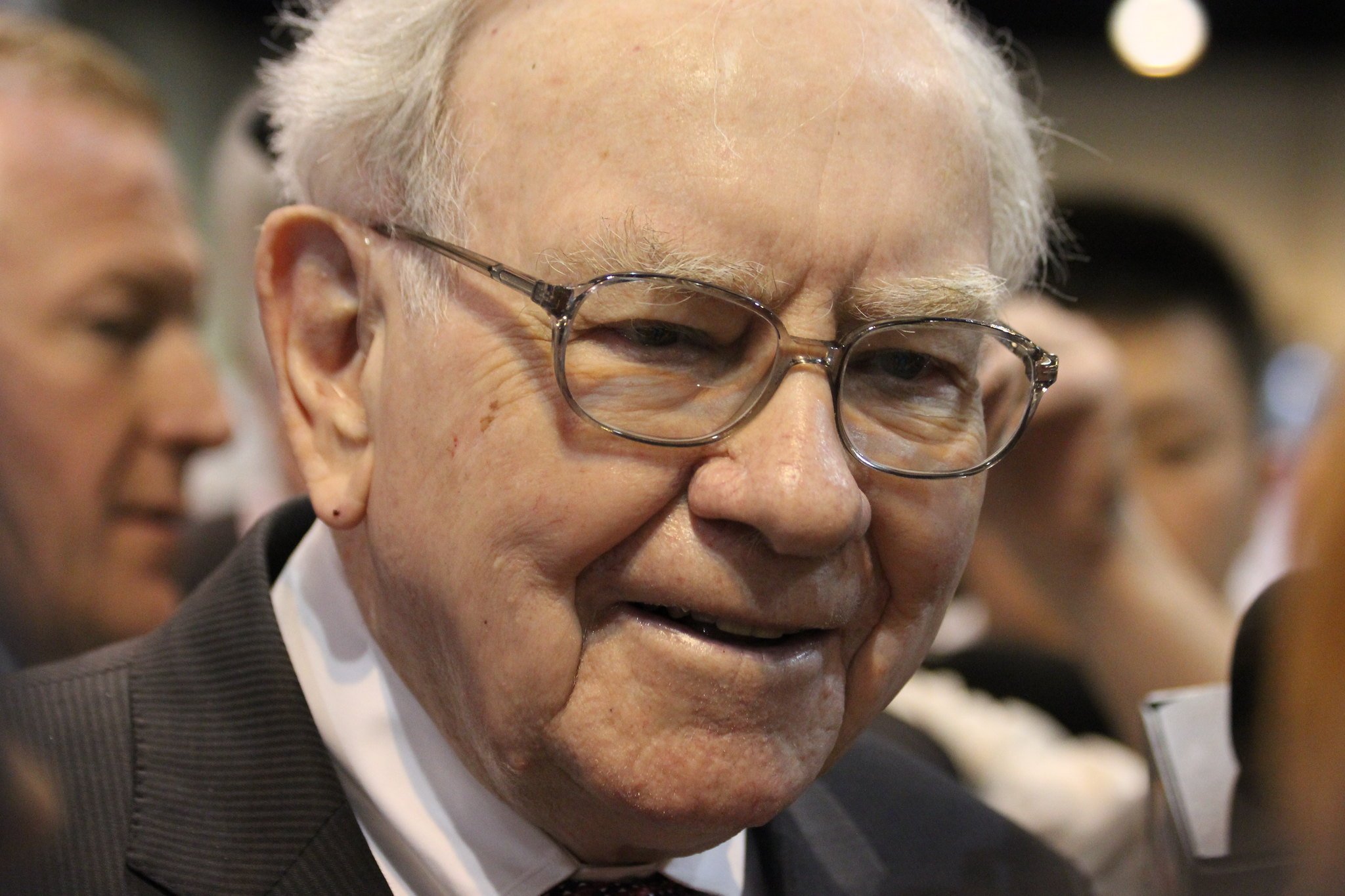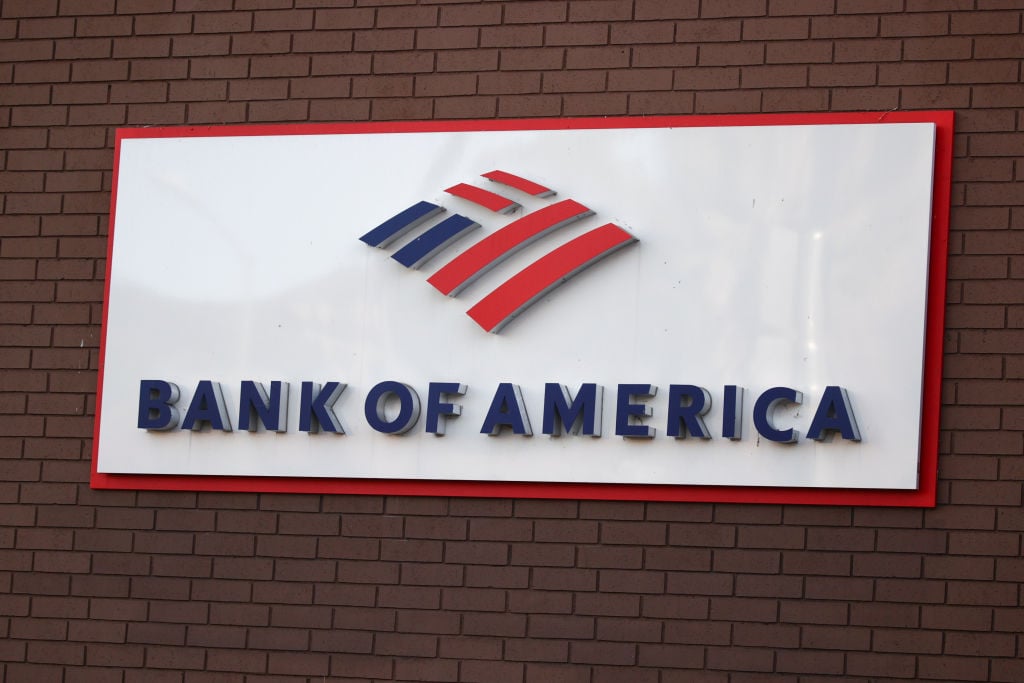
Given its size and importance to the U.S. economy, Bank of America (BAC +0.16%) is always in the news.
Recently, the company came under scrutiny for revealing a miscalculation of its assets -- the result, an unexpected $4 billion loss. In the annual meeting, Buffett comments on that miscalculation, and he explains why he choose to alter the terms of the deal he made with Bank of America in 2011 -- and why it will benefit both companies. Below are my notes on this issue from the 2014 Berkshire Hathaway (NYSE: BRK-B)(NYSE: BRK-A) annual shareholders meeting in Omaha.
Can you explain why you allowed Bank of America to make a change to convert your investment into Tier 1 capital? Does it worry you that they can't manage it properly?
Warren: Many months ago Brian Moynihan [CEO of Bank of America] asked me whether we'd be willing to change our preferreds from cumulative to noncumulative preferred. Noncumulative has certain defects and preferred holders of Freddie Mac and Fannie Mae are finding that out. They are a terribly weak form of security.
Brian said if you will do that swap, Bank of America would make your preferred non-callable for five years. Now in a world of 0.5% interest rates, I was willing to make that trade-off because it was good for Berkshire and good for Bank of America. So I get five years of non-callability, and I have no problem of being locked in forever. And, Bank of America gets the benefit for their calculation of capital base.
This was all before the recent miscalculation at Merrill Lynch, and that error they made does not bother me. We have a 20,000-page tax return, and you do the best you can. That error did not affect their GAAP numbers, and they'll pay a penalty, but doesn't change my opinion one iota about Bank of America or their management.
The probability of going to non-cumulative hurting us is very, very low and the non-callability help us.
Charlie: Well, I agree with you.
In short, it looks like Buffett smartly secured another good deal. He gave up some short-term money by giving up the right to collect past dividends, but he ensured that his preferred stock, which pays 6% annually, can't be recalled for another five years.








